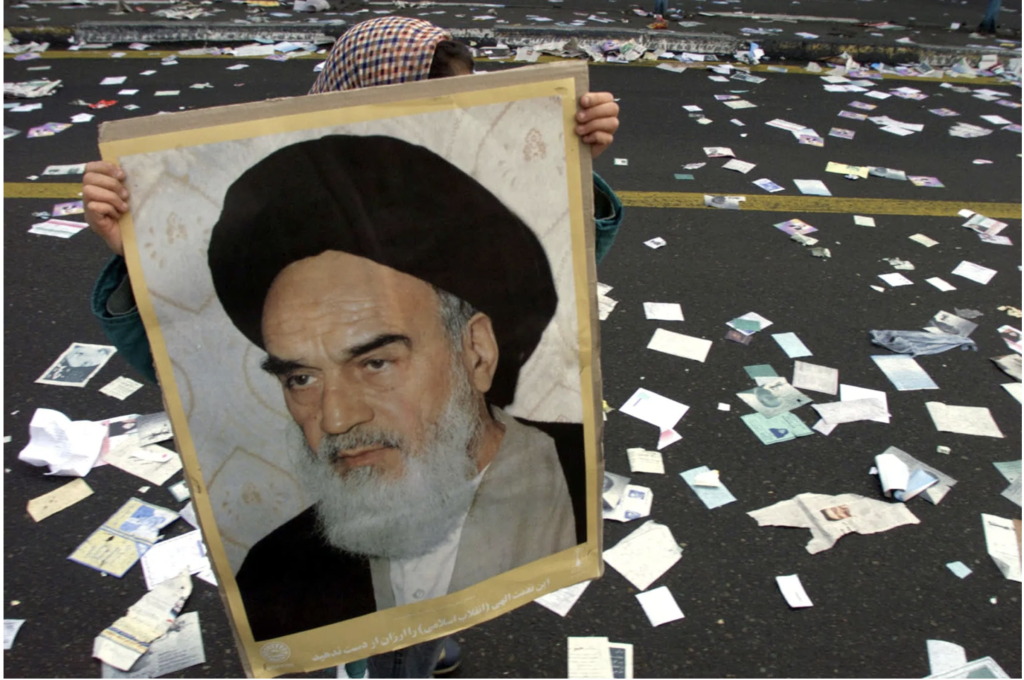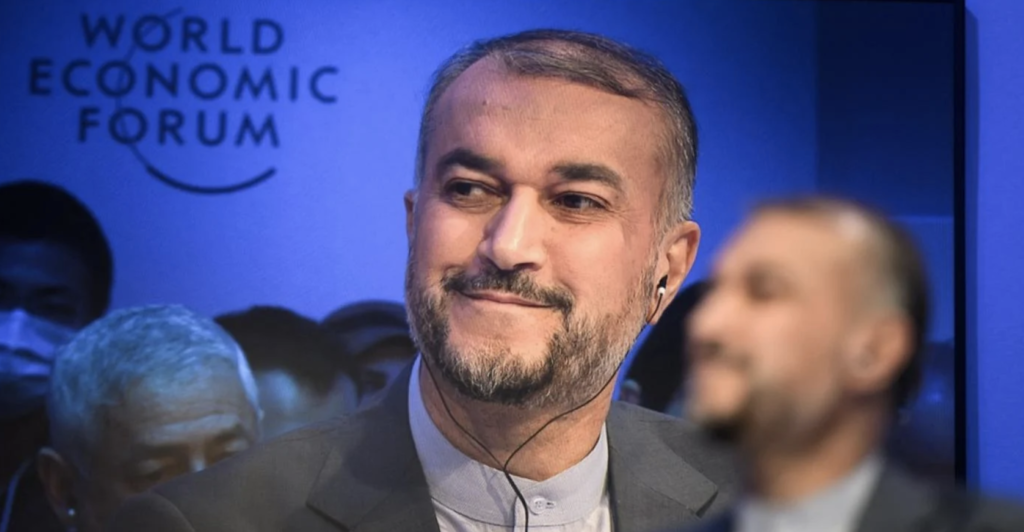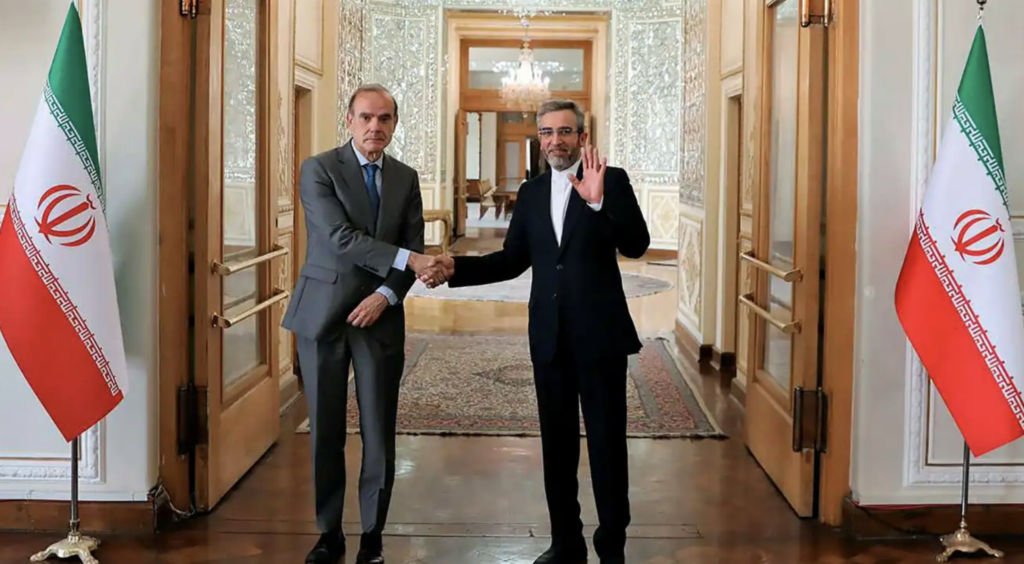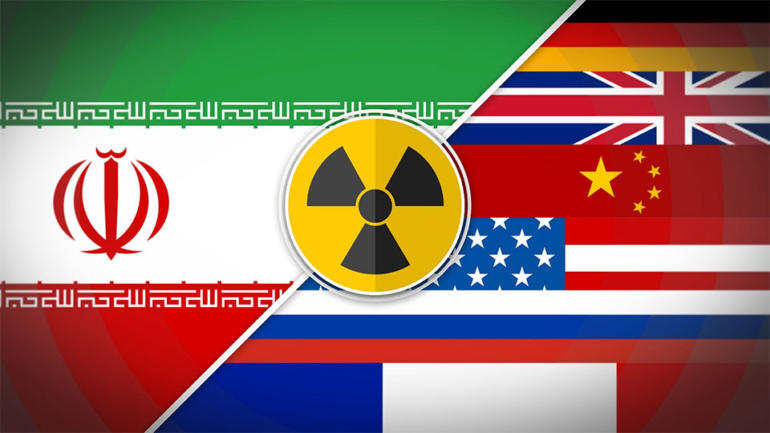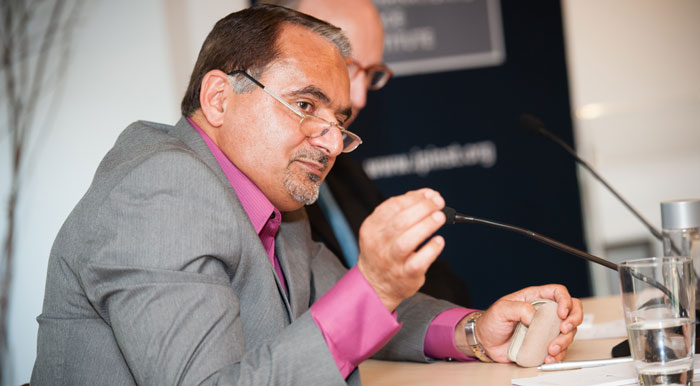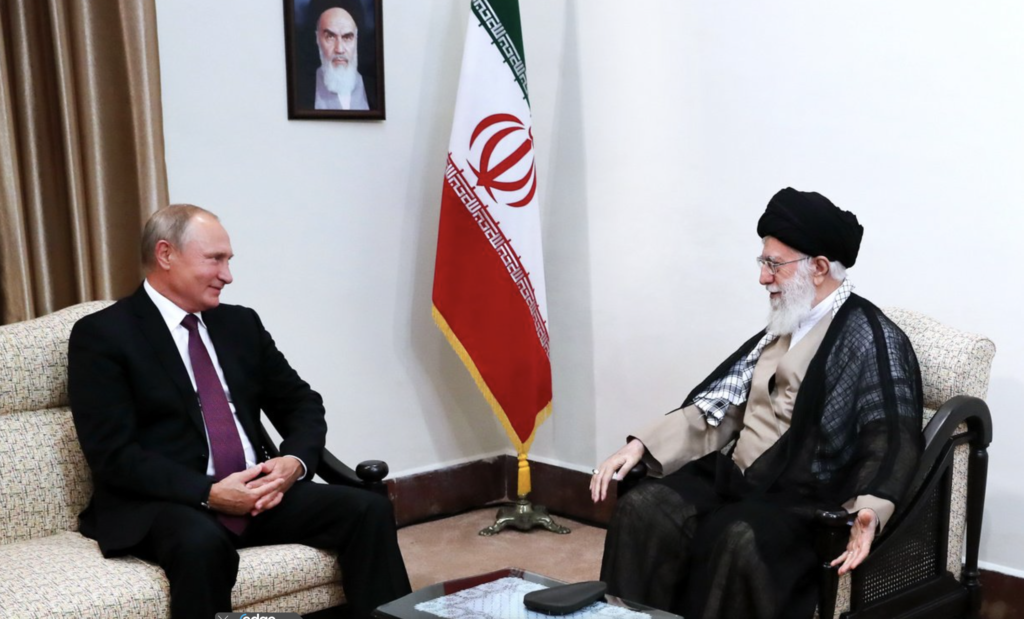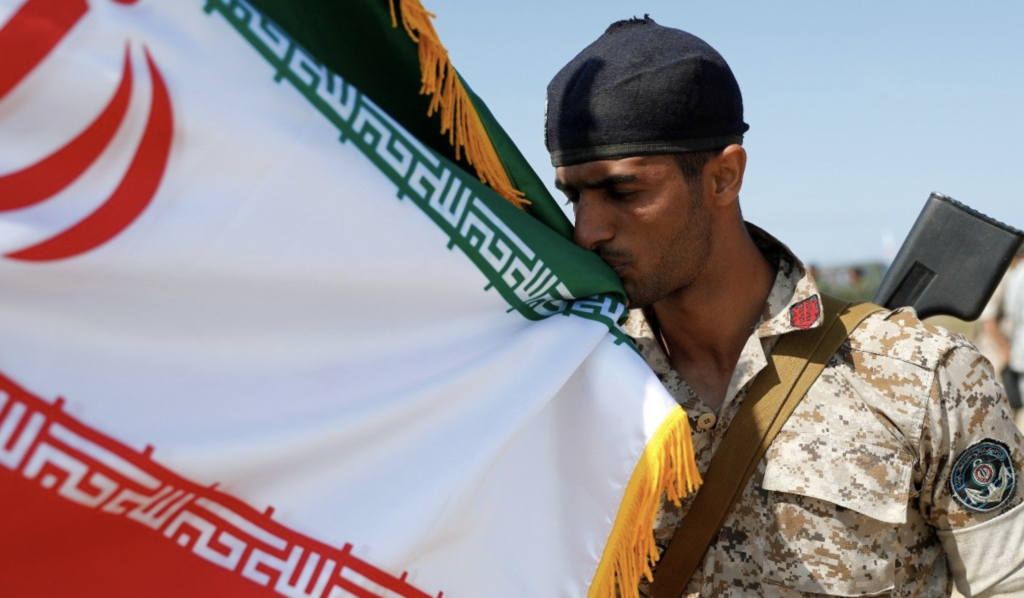Publications
Dr. Moousavian’s new article in “Cairo Review” – A Revolution and A War: How Iran Transformed Today’s Middle East
Dr. Mousvian’s article in Financial Times entitled “Diplomats face one last chance to revive Iran’s troubled nuclear deal “
As US retreats, Saudi Arabia and Iran are trying to mend fences
Dr. Mousavian’s Interview with the CNN.
https://www.cnn.com/2022/04/25/middleeast/saudi-iran-talks-resume-mime-intl/index.html
Separate the Iran Deal From Regional Security Negotiations
Vali Nasr and Hossein Mousavian write for Foreign Affairs:
It does not help that Iran also deeply distrusts Washington’s motivations. Iranian Supreme Leader Ali Khamenei recently dismissed a U.S. demand tying its return to the JCPOA to future negotiations over regional issues, saying the United States is using the issue to drag its feet on rejoining the nuclear deal. Iran, he added, will not accept foreign meddling when it comes to its national security interests
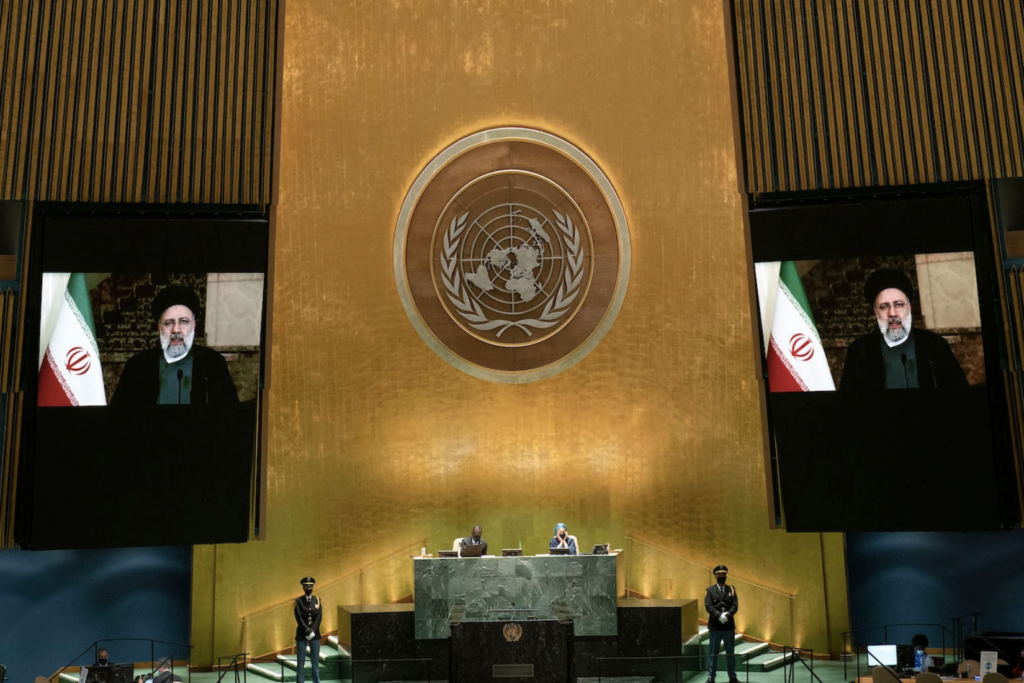
Iran and the Taliban: Fast Friends or Fierce Foes?
Dr. Mousavian’s recent article in “IDEAS POLITICAS” titled “Towards a New Regional Strategy in the Persian Gulf”
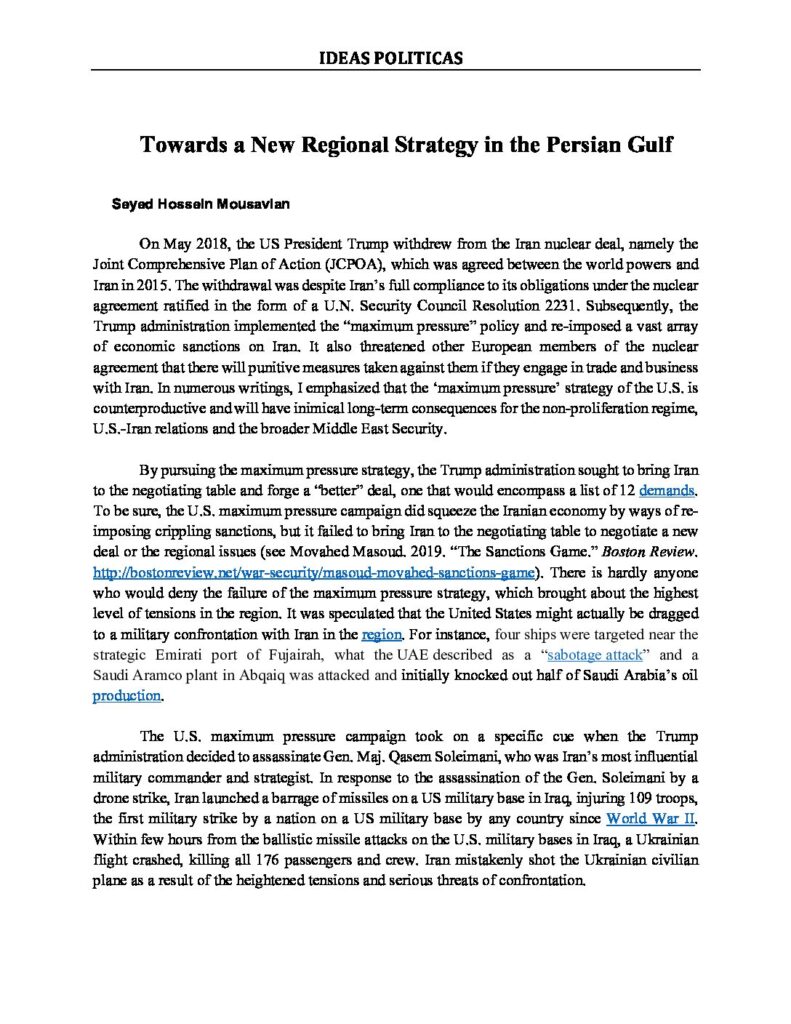
Por una nueva estrategia regional en el Golfo
Si quiere evitar los errores cometidos por Trump, Biden deberá acabar con la política de máxima presión sobre Irán y promover el acercamiento entre este y los países del Golfo.
IDEAS POLITICAS
